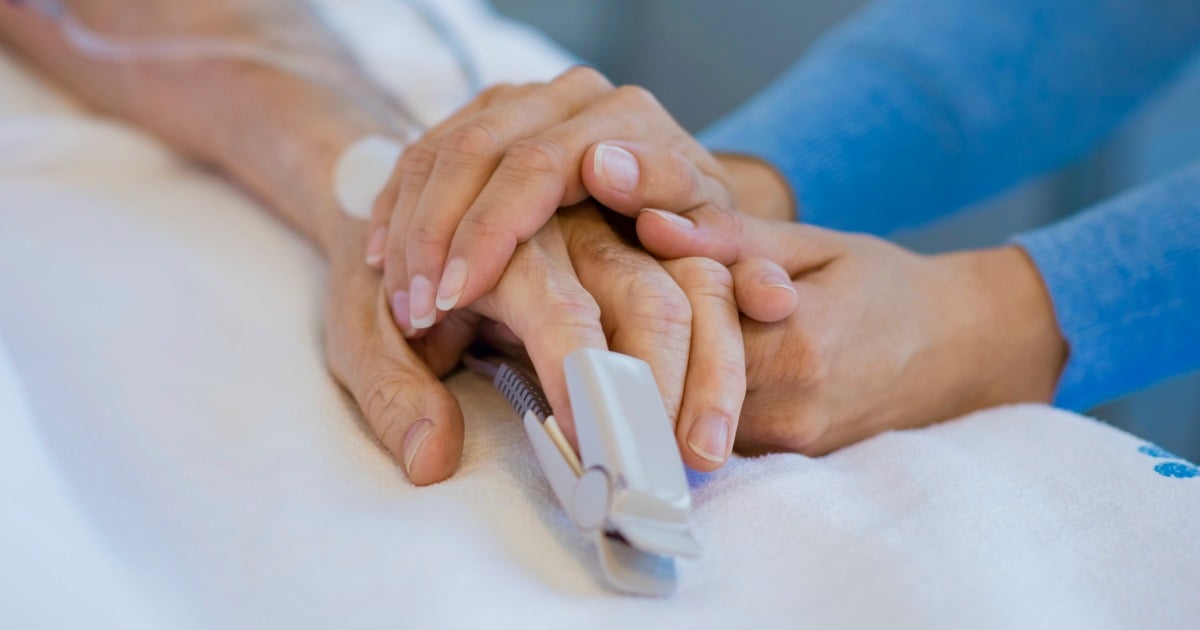I’ve held amputated limbs in my hands.
After leaving uni as a nursing graduate, I thought I was going to change the world, one medication and dressing change at a time. Then I became a theatre nurse and learned surgery is nothing like Grey’s Anatomy, apart from the scrubs and sexual tension.
Nursing is far from sexy. In the surgical theatre especially, we are daggy, sleep deprived, coffee-driven zombies who spend most of our day counting instruments and trying to anticipate what doctors want a split second before they do.
We see so much pain during our day it tends to become a bit of a blur. But there are certain patients we remember; people we refer to as ‘frequent flyers’. They come in so regularly for surgery – typically for cancer or a severe trauma – that we begin to know them by name, which makes our jobs all the more heartbreaking, because we know there’s typically nothing we can do to make their lives the same again, or even comfortable.
Out in the world when you say goodbye, you say, “See you later”. But to our patients, especially these frequent flyers, we always say, “It was nice to see you, but I never want to see you again”. It’s heartbreaking to know that despite hours of surgery, sometimes we just can’t save them.
Listen: How Samuel Johnson dealt with his sister Connie’s cancer.
Theatres are extremely stressful places for extended periods of time. It’s human nature that emotions run high in such tense situations. These emotions are usually manifested in polar ends of the spectrum; there’s either sexual tension so thick you could cut it with a knife, or bullying and aggression so brutal I’ve seen grown men and women have breakdowns mid-surgery and have to leave the theatre before their tears contaminate the sterile field.

Top Comments
Yep,and I won't tolerate any of the "You know what you were getting into,change your job if you want more money " Shit.Just pay them properly
How much is 'properly'? When Registered Nurses were given substantial pay rises in South Australia, the hospitals upskilled the Enrolled Nurses and employed them instead of RN's. The majority of hospitals in Australia are Government run and if allowed, health care costs would consume entire state budgets. Like any job, the more qualifications a nurse has, his/her salary increases. When I retired 6 years ago, I was earning a six figure income as a senior RN.
While i would happily agree they deserve more, you generally aren't going to get super rich working for the government.